
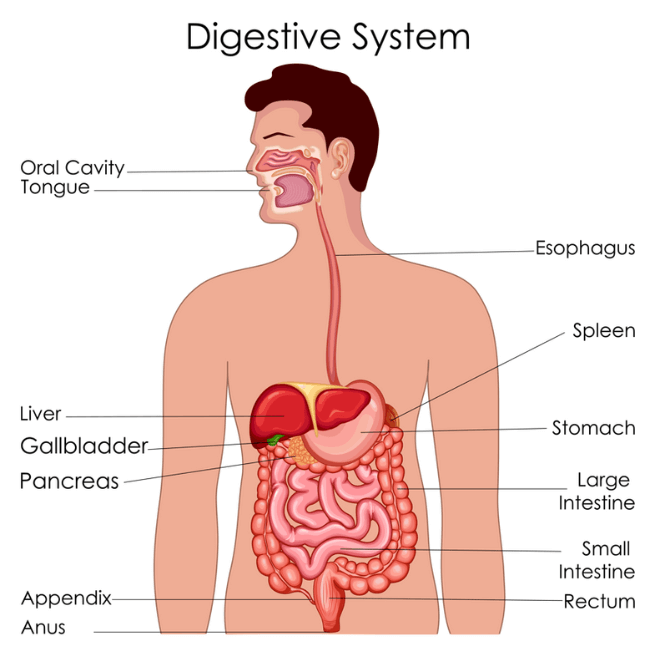
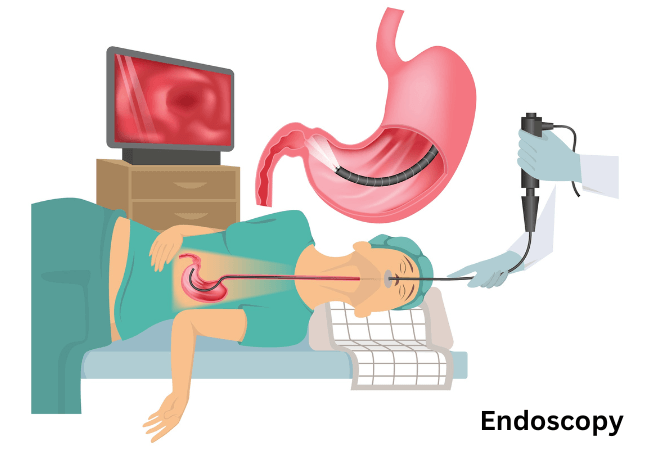




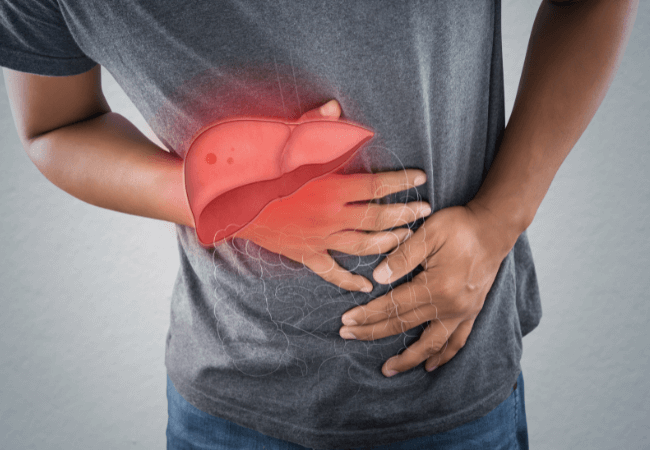
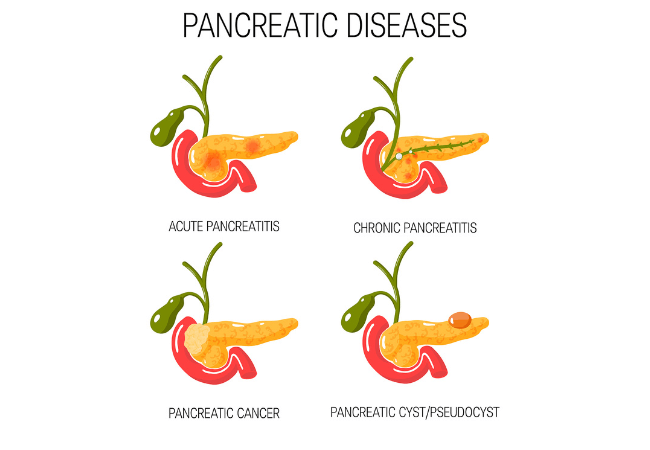

Really thankfull to Dr pradeepa and Dr waseem , took care very well..... The wards are well maintained and staffs tc very well
My mama iqbal pasha got admitted under Dr wasim and Dr Amina both doctors are well explained about diagnosis .we are very happy from q medical Hospital.all staff very kind and I will recommend to everyone
My husband iqbal pasha got admitted in q hospital all staff are good dr wasim sir is excellent surgeon well explained about the problem I will recommend to everyone.
I Heartfully appreciate to Dr Wasim that I Sibi John had undergone the surgery MGB (Bariatric ). Dr Wasim is a great Dr Amazing treatment from the all the Dr, wonderfull hard working nursing staff Good coordination from the front office people.Hospital care is excellent am very thankful to All the Doctors ,nursing staff , Front office and house keeping . I recommend to everyone to this hospital.
My sister in law was admitted for 24 hours, the doctors and staff of the hospital
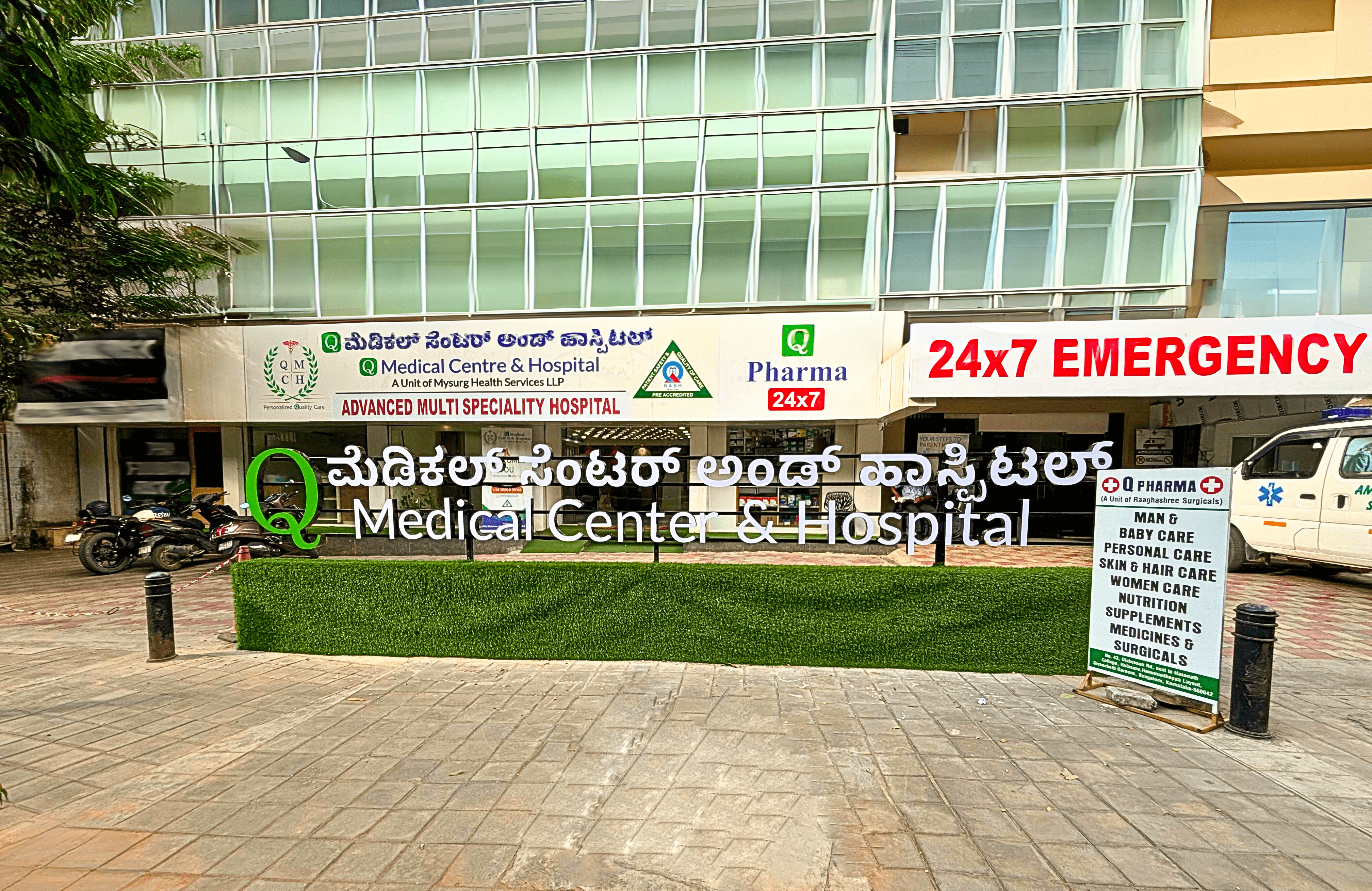
©2025 Q Medical Center and Hospital. All Rights Reserved.
Website Designed & Maintained By
HappiMed
Typically replies within an hour
Currently we are offline to receive your call. However you can WhatsApp us and we will get back to you soon.
Hello! 👋
How can I help you?